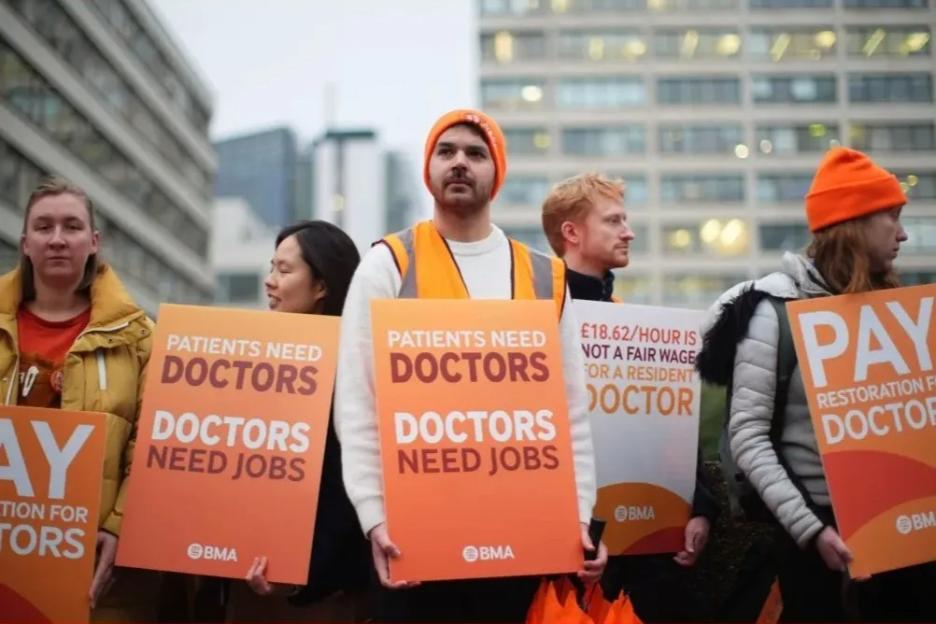Ottawa’s board of health is calling on Ontario to tighten the list of essential businesses allowed to open under the province’s state of emergency and provide more powers to local police and bylaw officers to enter and close businesses violating the provincial COVID-19 orders.
The Ottawa Board of Health passed a motion Monday night asking the province to “urgently”; review the list of essential businesses and allow only those providing groceries, medications and otherwise essential products and services allowed to open.
Dr. Vera Etches, Ottawa’s medical officer of health, said during the meeting Monday that Ottawa Public Health has been “inundated”; with calls about workplace outbreaks during the third wave of COVID-19 in the nation’s capital.
Read more: Masks will be mandatory at Ottawa playgrounds, some young kids exempt
The move comes as Ottawa’s top doctor has been called on to use her powers as the medical officer of health to limit the businesses still allowed to operate under Ontario’s stay-home orders , such as non-essential construction work.
Etches pushed back on those calling for her to cull the provincial list of essential workplaces Monday evening, saying it would be better for Ontario to reduce the permitted businesses.
While she said she has sought legal advice on whether a section 22 order would be sufficient to enforce widespread business closures, she said provincial powers tend to outrank municipal ones.
Read more: Peel Region orders businesses with 5 or more COVID-19 cases to close for 10 days
Etches also said the province has put in the legwork to determine which businesses are essential and which are not, giving it more authority and background to act on the matter.
“I think there’s a good chance they will act on this,”; she said in a media availability after the board of health meeting, which ran late into Monday evening.
“It would be more efficient than my team trying to understand the operations and essential nature of so many different kinds of businesses. It’s not our area of expertise.”;
Etches did say that if the province does not act, she will continue to look at ways her powers as the medical officer of health could be used to restrict non-essential business operations.
She also noted that OPH is getting reports of workplace outbreaks in offices where people could have worked from home and repeated calls for employers to institute remote working policies if they have not already done so â a requirement under Ontario’s stay-home order.
Recent workplace inspections of roughly 80 businesses in Ottawa have highlighted “deficiencies”; in half of those settings, usually in the form of a lack of screening protocols or safety plans, Etches said.
Some businesses have received repeated infractions and are even barring inspectors from entering the premises.
As such, Monday’s board of health motion asked the province to give additional powers to bylaw officers, allowing them to “enter, investigate and close businesses”; deemed to be in violation of the provincial orders.




